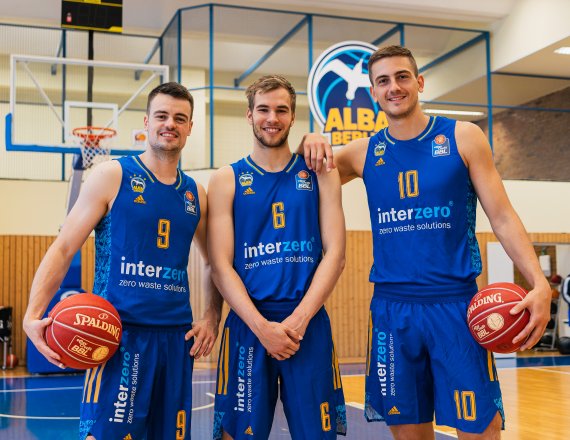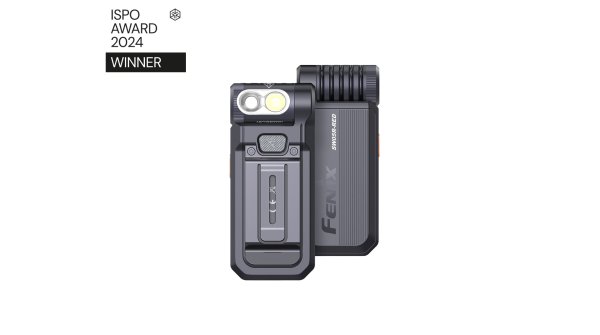The EU generates 12.6 million tons of textile waste per year. Clothing and footwear alone accounts for 5.2 million tons of waste, equivalent to 12 kg of waste per person every year. Currently, only 22 % of post-consumer textile waste is collected separately for re-use or recycling, while the remainder is often incinerated or landfilled.
One of the main challenges in textile recycling lies in the complexity of garments. Current technology struggles to accurately determine the composition of textiles beyond their surface layer. As a result, the textile sorting and recycling industry primarily focuses on single-layer garments for processing solutions.
However, there's hope on the horizon. There's a growing understanding and capability to design garments, accessories, and footwear to be up to 100% recyclable.
Moreover, advances in technology and supply chain management now enable the disassembly and recycling of even the most complex items. The Extended Producer Responsibility (EPR), which is an environmental policy approach that shifts the responsibility of a product's lifecycle to the producer, including design, take-back, recycling, and final disposal helps to speed up those advancements considerably. These exhibitors in the Sustainability Hub will set you up for Zero Waste.
The consultancy services are dedicated to assisting brands in evaluating products, processes, and supply chains to maximize recyclability and reusability while optimizing material quality and value. Through advanced traceability systems, such as RFID technology, they provide complete transparency regarding a product's composition and lifecycle. Cutting-edge disassembly technologies ensure the precise breakdown of used goods into raw materials, meeting the strict requirements of specialist recyclers. They analyze product circular efficiency to guide brands in designing circular products, emphasizing optimal material choices and process improvements.

Recyclers like Re:down play a crucial role in helping brands fulfill their Extended Producer Responsibility (EPR) obligations. Re:down specializes in recovering materials from used goods, such as down and feathers in textiles. By partnering with Re:down, brands can ensure that their products are properly recycled at the end of their life cycle, meeting EPR requirements to responsibly manage post-consumer waste. Optimizing the use of resources and minimize waste generation aligns with EPR principles by promoting resource efficiency and reducing environmental impact. Re:down provides brands with transparent reporting on the materials recovered and recycled from their products. The goal: Zero Waste!

Sympatex's "Sustainability Impact Program Design" trains young outdoor industry designers. With workshops, lectures, and expert guidance, 20 selected designers gain insights into eco & circular design, innovation, creativity, and recycling strategies. The aim of the program is to appeal to their decision-making power. A designer who understands the steps to the material and the process after sampling is able to develop new effective ideas and make aligned decisions. Their impact within the value chain is of enormous importance in bringing sustainable and recyclable products into the market. Sympatex, as an ingredient brand, leverages its network to advance the circular economy in textiles through this program.

Interzero stands for "zero waste solutions". In order to save raw materials, the full-service environmental service provider organizes innovative take-back and recycling systems for used packaging, products and materials of all kinds, such as textiles. The efficient recycling solutions also offer customized support for numerous companies in the sporting goods industry. Interzero receives the German Sustainability Award 2024 in the "Waste Management and Recycling Industry" category, making it one of the pioneers. The aim is to close material loops, avoid waste production and save natural resources.

YKK has been a leader in the production of ingredients, consistently setting industry standards for quality, service, value, and innovation. Through active participation in industry initiatives and organizations such as the UN Fashion Charter, Science-based Targets for CO2 emissions reduction, and the Ellen MacArthur Foundation for the advancement of circular fashion, YKK is dedicated to their philosophy known as the “Cycle of Goodness“. Among YKK’s innovations are Natulon zippers, featuring tape made from recycled material, Natulon Plus with an even higher ratio of recycled material, and AcroPlating technology, which significantly reduces environmental impacts of metal plating.

Vaude believes in "design for life," where products meet the highest standards, ensuring optimal solutions for diverse outdoor activities. With a focus on sustainability, the timeless designs are built for durability and potential return to the textile cycle. Their commitment extends to resource-efficient materials, and quality craftsmanship, allowing their products to be used for years and repaired when needed. By consuming less, caring for belongings, and consciously sharing and buying second-hand, everyone can actively contribute to conserving resources and protecting our planet.

 SustainabilityReady for the Green Deal? An Update for the Sports Industry
SustainabilityReady for the Green Deal? An Update for the Sports Industry
- Awards
- Mountain sports
- Bike
- Fitness
- Health
- ISPO Munich
- Running
- Brands
- Sustainability
- Olympia
- OutDoor
- Promotion
- Sports Business
- Textrends
- Triathlon
- Water sports
- Winter sports
- eSports
- SportsTech
- OutDoor by ISPO
- Heroes
- Transformation
- Sport Fashion
- Urban Culture
- Challenges of a CEO
- Trade fairs
- Sports
- Find the Balance
- Product reviews
- Newsletter Exclusive Area
- Magazine




